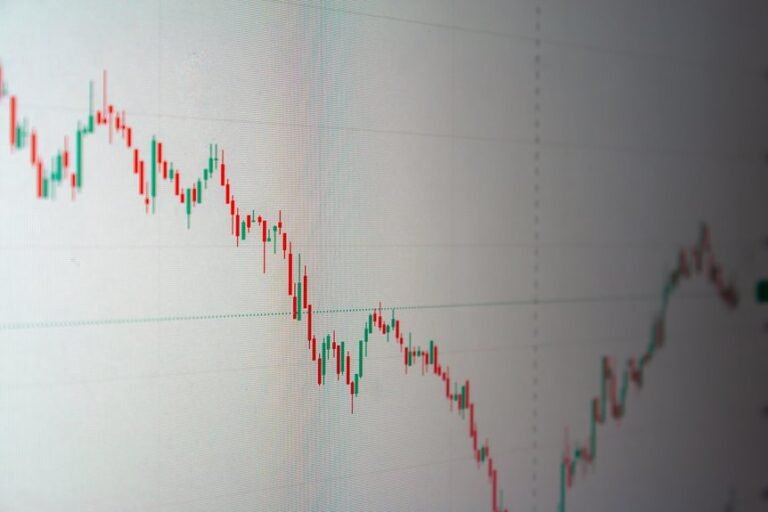3364386490: Real Estate Trends to Watch in 2025
As the real estate market approaches 2025, several trends are emerging that could redefine property value and buyer preferences. The integration of smart home technology is becoming a standard expectation, enhancing security and convenience. Meanwhile, sustainability is increasingly influencing development choices, with eco-friendly features attracting a more conscious demographic. Additionally, the rise of remote work is reshaping housing needs. These dynamics suggest a significant shift in market demands that warrants further exploration.
The Rise of Smart Homes and IoT Integration
As technology continues to evolve, the integration of smart home devices and the Internet of Things (IoT) is poised to reshape the real estate landscape by 2025.
Smart technology will drive home automation, enhancing security, energy efficiency, and convenience.
Data indicates that properties equipped with these advancements will attract a higher market value, appealing to a demographic that values freedom through innovation and connectivity.
Sustainability and Eco-Friendly Developments
While the demand for sustainable living solutions continues to rise, the real estate market is increasingly prioritizing eco-friendly developments by 2025.
Green building practices, utilizing renewable materials, are becoming the standard as developers recognize the long-term benefits of energy efficiency and reduced environmental impact.
This shift not only appeals to environmentally conscious buyers but also enhances property value in a competitive market.
The Evolution of Remote Work and Its Impact on Housing Choices
The rise of remote work has significantly reshaped housing choices, influencing where individuals and families decide to live.
With the flexibility to work from anywhere, housing preferences have shifted towards suburban and rural areas, where affordability and space are prioritized.
Data shows an increased demand for homes with dedicated office spaces, reflecting a long-term trend towards a more liberated lifestyle in 2025.
Conclusion
As we look ahead to 2025, the real estate market reveals a curious paradox: while buyers increasingly seek smart homes and sustainable living, they remain tethered to the very traditional ideals of homeownership. This irony underscores a profound shift—where technology and environmental consciousness converge, yet the longing for space and stability reflects a nostalgia for simpler times. Ultimately, the market’s evolution will hinge on balancing these contrasting desires, revealing what it truly means to find a home in a complex world.






